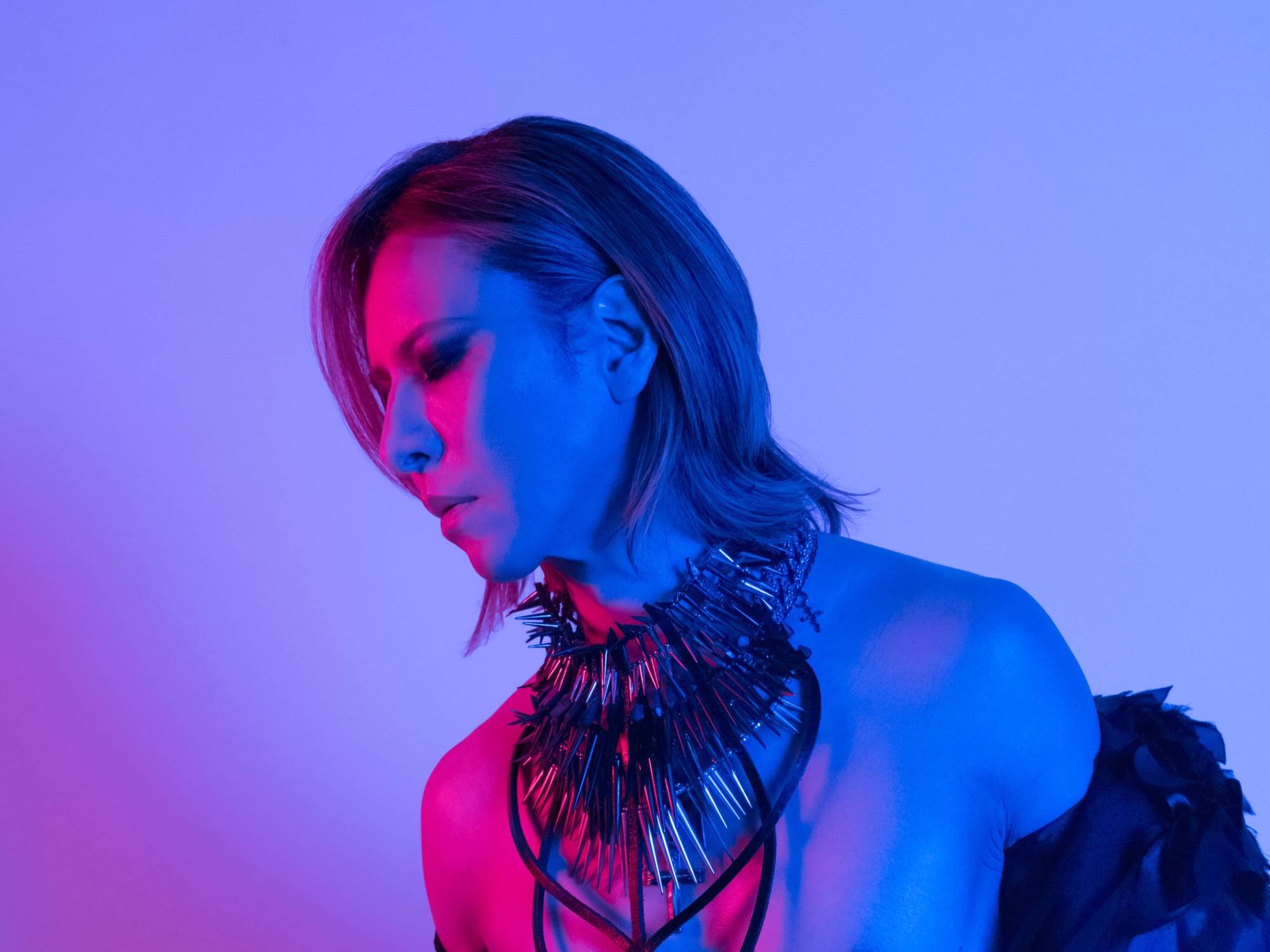As one of Japan’s biggest rock stars, Yoshiki is fully aware of the power of his platform and the good it can do. That’s why the musician, who splits his time between Japan and the United States, established the nonprofit public benefit corporation Yoshiki Foundation America over a decade ago. Through the organization, he has supported causes ranging from environmental protection to earthquake relief and donated huge sums of money to areas devastated by disasters and conflicts.
His latest donation of ¥10 million went to the Ukraine Humanitarian Crisis Emergency Relief Fund launched by Rakuten chairman Hiroshi Mikitani. As well as his own considerable contribution to the cause, the leader of rock band X Japan and producer of the upcoming reality competition show “Yoshiki Superstar Project X” has also rallied his fans to give generously. So far, the fund has received more than ¥1 billion.
“In the past I’ve been attacked for speaking loudly about my donations,” says the 56-year-old musician, whose full name is Yoshiki Hayashi, in an interview with The Japan Times. “In this country, it’s something you’re expected to do quietly. That's a beautiful thing that I understand, but in my opinion when people in the public eye speak about their charitable contributions, it raises awareness.

















With your current subscription plan you can comment on stories. However, before writing your first comment, please create a display name in the Profile section of your subscriber account page.